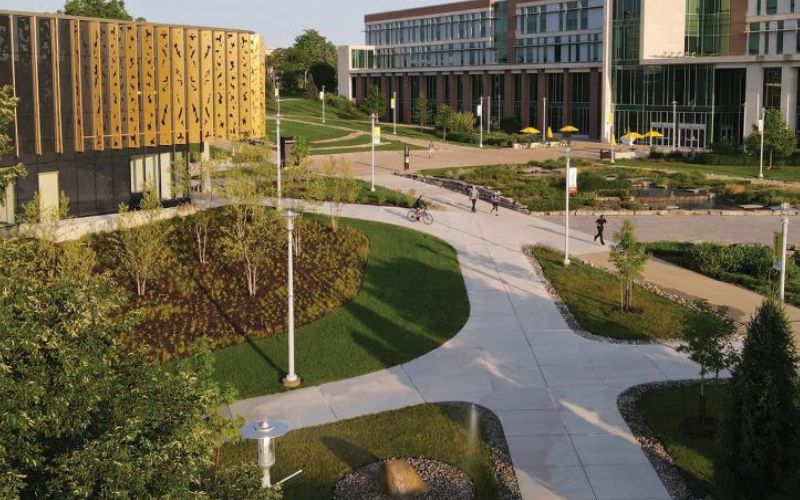
- Details
- By Native News Online Staff
The university has received nearly $15,000 from the Native American Heritage Fund (NAHF) to establish "Sharing Wisdom Across Generations," an initiative that will bring Indigenous elders directly into the campus community to share their knowledge and experiences with both Native and non-Native students.
In a statement from WMU, Dr. Dee Sherwood, director of the university's Native American Affairs Council, pointed to the benefits of elder knowledge sharing in higher education.
"We have a very age-specific learning model in our education system, and we don't have a lot of opportunities to learn from our older generations," Sherwood said. "These elders may have attended a boarding school in the region or maybe they lived on the reservation their whole life. Or maybe they have experience as a veteran or an entrepreneur. They certainly have knowledge and wisdom to share with students."
The program will involve consultation with elders and councils from the three Potawatomi tribal nations in Southwest Michigan: Gun Lake, Pokagon, and the Nottawaseppi Huron Band of Potawatomi, ensuring authentic cultural representation and guidance.
Three participating elders will maintain regular office hours in Moore Hall on Western's main campus and lead 10 diverse events throughout the academic year. These activities will span a rich spectrum of Indigenous cultural practices, including drum workshops, traditional beadwork, the creation of ribbon pants and skirts, and talking circles focused on Native American culture and teachings.
"Students are very interested in learning about traditional ecological knowledge and cultural teachings and Indigenous lifeways," Sherwood said.
The initiative extends beyond cultural education and aims to create practical opportunities for students, potentially providing students with opportunities and future employment with tribal nations, providing students with valuable professional connections within Indigenous communities.
WMU will be recognized alongside 10 other educational and community organizations during an award ceremony on Friday, September 19, at FireKeepers Casino Hotel. The public event will follow the NAHF board meeting at 11 a.m., celebrating the diverse initiatives being supported across Michigan.
The Native American Affairs Council is currently developing the specific programming details for the elders-in-residence initiative.
The program will officially launch in the coming academic year, with full programming details to be announced by the Native American Affairs Council as events are finalized.
More Stories Like This
Bard College Center for Indigenous Studies (CfIS) Hosts Annual Symposium With Keynote Speaker Miranda Belarde-Lewis on March 9–10American Indian College Fund Announces Spring 2026 Faculty Fellow Cohort
Navajo Nation Signs $19 Million Diné Higher Education Grant Fund Act into Law
Dr. Shelly C. Lowe to Be Inaugurated as IAIA President March 26–27
Tlingit Language Courses Expand for Students to Learn With Families At-Home
Help us defend tribal sovereignty.
At Native News Online, our mission is rooted in telling the stories that strengthen sovereignty and uplift Indigenous voices — not just at year’s end, but every single day.
Because of your generosity last year, we were able to keep our reporters on the ground in tribal communities, at national gatherings and in the halls of Congress — covering the issues that matter most to Indian Country: sovereignty, culture, education, health and economic opportunity.
That support sustained us through a tough year in 2025. Now, as we look to the year ahead, we need your help right now to ensure warrior journalism remains strong — reporting that defends tribal sovereignty, amplifies Native truth, and holds power accountable.
 The stakes couldn't be higher. Your support keeps Native voices heard, Native stories told and Native sovereignty defended.
The stakes couldn't be higher. Your support keeps Native voices heard, Native stories told and Native sovereignty defended.
Stand with Warrior Journalism today.
Levi Rickert (Potawatomi), Editor & Publisher


